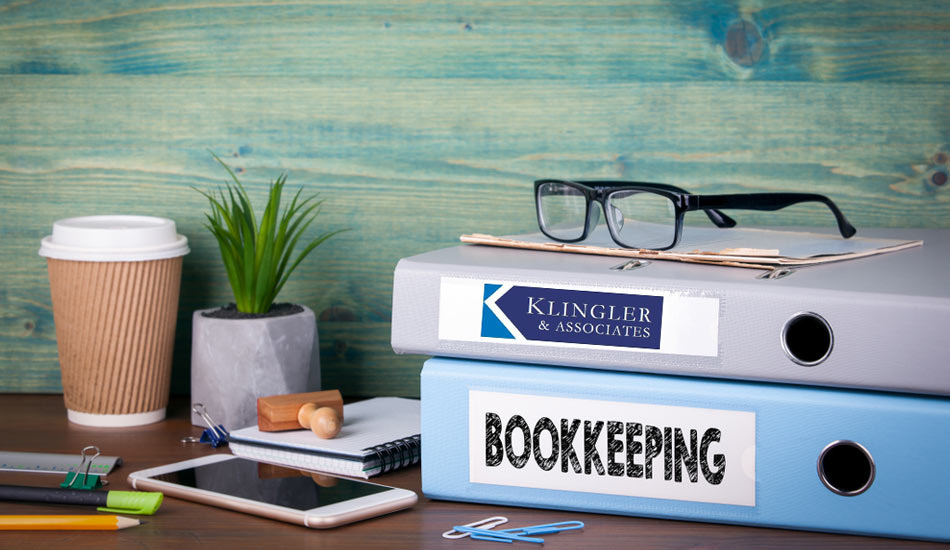If you’re a new business owner or an aspiring freelancer who’s just getting started in business, you’ve probably heard the terms bookkeeping and business accounting by now. Are you familiar with what they are? Both of them are things that are essential for businesses because business finances have to be allocated into many areas, and invoices for both accounts receivable and accounts payable have to be kept track of. For many small businesses, the owner either has to do the bookkeeping themselves or hire someone to do it for them. But there are also tasks that may require the services of a small business accountant that bookkeeping doesn’t cover.
The Overall Difference Between Bookkeeping And Accounting
Bookkeeping basically falls under business accounting as the task that mostly records the income and expenditures of a business, and keeps a close tab on its assets and liabilities. How this is done will usually depend on what size your business is in terms of both sales and the number of employees you have. But every bookkeeper will use a ledger that records the assets, liabilities, accounts payable invoices, sales volumes, overhead costs and a list of other financial transactions. For many small businesses who do not have bank loans or other forms of financing that borrow against their assets, keeping track of these isn’t as difficult especially when using a single entry and cash accounting system. But once things pick up and it makes more sense to run an accrual system, that’s when bookkeepers have to be on their game.
The Advantages A Certified Accountant Can Add To Bookkeeping
Doing bookkeeping certainly does require a good level of math and number crunching acumen as well as knowing how to use software and spreadsheets. But professional accountants are able to get to the bottom of so much more than that because they’re able to work far beyond just the numbers and actually examine the financial health of a business. They’re also very familiar with laws regarding filing financial statements, taxes, business valuations, business registration and many other legal aspects regarding business finance that you probably didn’t know about. When you hire a small business accountant, you will get a lot more insight and advice on running your business than you would from a standard bookkeeper.
Why A Certified Public Accountant For Small Business Is Important For Tax Filing
Not only will a small business CPA be able to tell you what taxes you have to pay during tax preparation, and which tax credits and purchase deductions you can claim, but they can also represent you. While chances are low that the IRS will put you under audit or take any serious legal action against you, it still could happen. When tax preparation is being done by a CPA, they can keep the IRS from coming after you directly by representing you and helping to work through the issues. Steering clear of legal problems is one reason you should hire a small business accountant on top of benefiting from data insights and investment advice.

